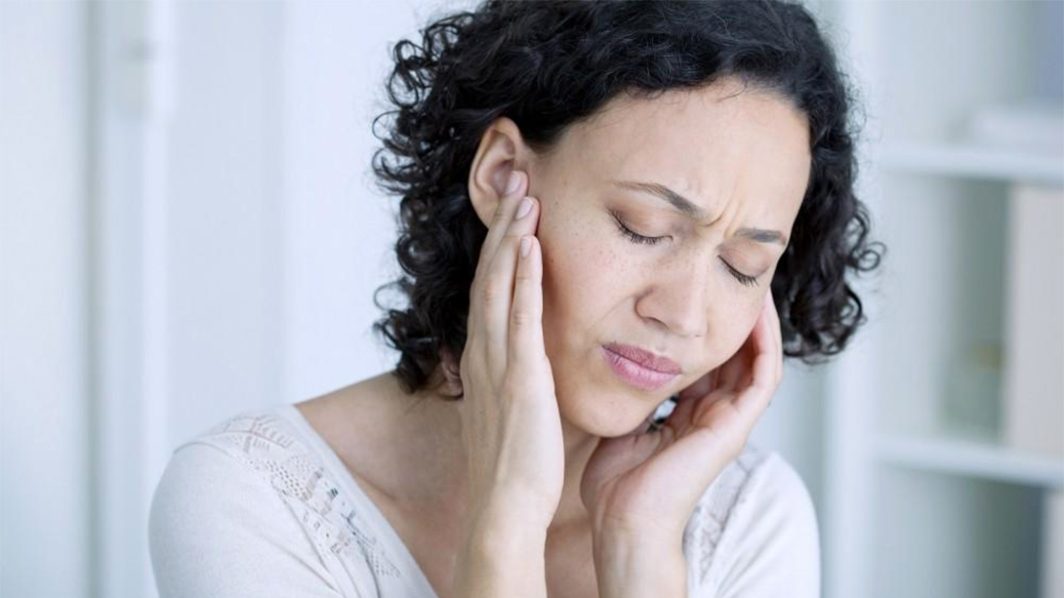
At one time or another we have all experienced the unpleasant discomfort of having an ear ache. According to the 2001 National Hospital Ambulatory Medical Care Survey, over 9.4 million Americans visited a physician’s office because of either an ear ache or ear infection. This large number of people accounted for doesn’t include all of us who just “suffered” through our ear ache without going to see a doctor. With such a common ailment, there must be some sort of remedy out there, right?
In this article I will show you the basic symptoms associated with ear aches and some simple ideas for what you can do to prevent you and your loved ones from experiencing this awful feeling associated from having an ear ache. What causes an ear ache?
While ear aches are most commonly found in children, they are something that
everyone experiences at one time or another. The most common causes of ear aches are otitis media, an infection of the middle ear, or otitis externa, an inflammation of the outer ear canal. Ear aches are usually caused by either a minor injury to the ear canal or by fluid that becomes trapped in the inner ear. Swimming, bathing, or just by using those all so common cotton-tipped swabs can cause bacteria to grow and lead to discomfort and pain in the ear canal. This can lead to a swelling of the Eustachian tube (a small tube that connects the ear to the nose that regulates the pressure in the ear). As the Eustachian tube swells it can no longer drain through the nose and throat and the pressure in the ear will then build up causing extreme discomfort and pain. Ear aches are usually result from a complication to a cold and are not contagious.
What are the symptoms of an ear ache?
Symptoms of an ear ache can include all or any of the following:
- Severe, Stabbing pain
- Hearing loss
- Itching
- Fever
- Buildup if fluid behind the eardrum
- Nausea, or vomiting
- Swelling of the ear
- Ringing or buzzing sound
- Fluids draining from the ear
How do I get rid of an ear ache?
Methods for treating ear aches are limited in number so obviously, prevention
is much better than the cure. However, if you already have an ear ache there
are a few things that you can try to alleviate it. Taking painkillers and eardrops
can help to subside the pain. Antibiotics are also available if the cause of
the ear ache is due to an infection. However, you must not forget to take the
doses and you should take the antibiotic until the bottle is empty or all the
pills are used. Don’t save any antibiotics from one illness to another
as they tend to lose their strength.
What can I do to prevent ear aches?
While there is no way to completely keep anyone from getting an ear ache, there are several ways to help prevent them. By regularly cleaning you nasal passages you can reduce your chances of “catching” an ear ache. Also, constant movement of the jaw by chewing gum will help to keep things working smoothly and draining properly. Other things like covering your nose and mouth when coughing or sneezing and by using a clean tissue every time will assist you in preventing an ear ache.
Ear aches are very unpleasant and something that everyone should seek to prevent rather than wait to treat. You are now well aware of the causes of an ear ache, symptoms you may have when you have an ear ache, and most importantly, what you can do to prevent ear aches.




